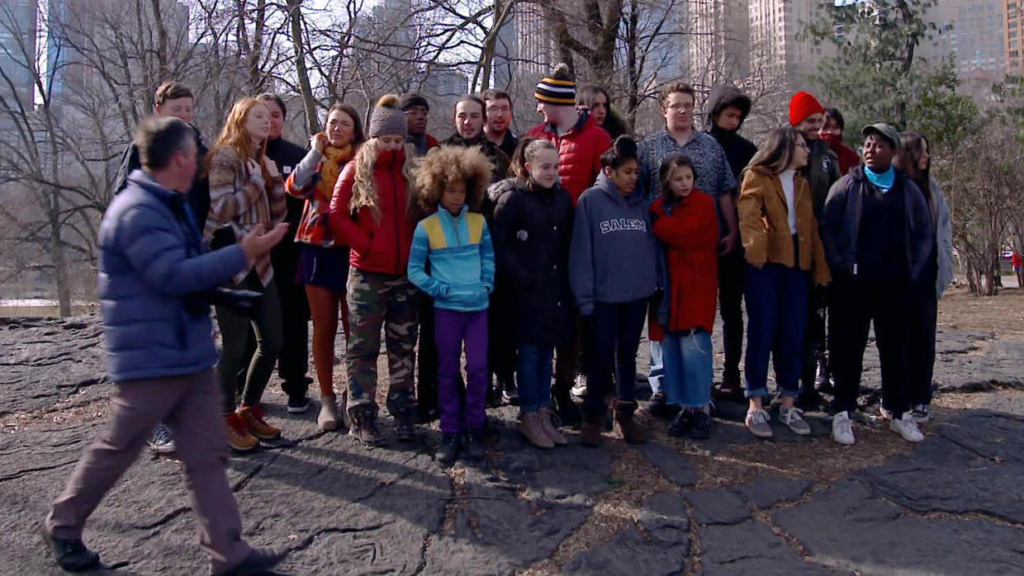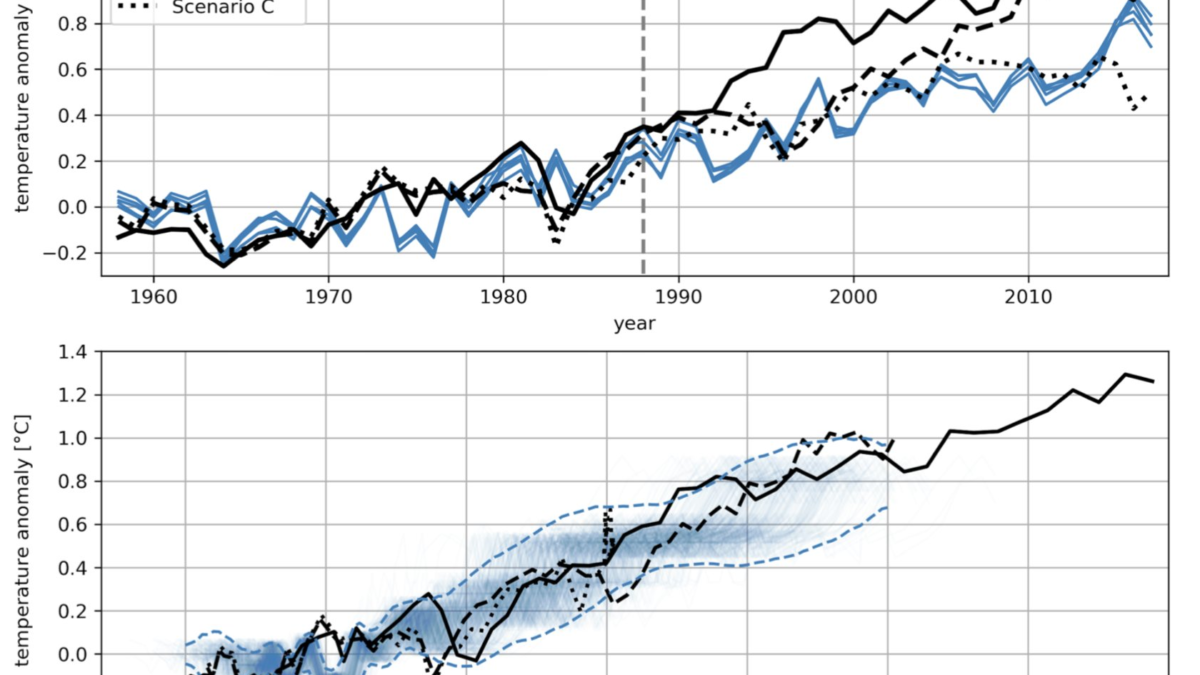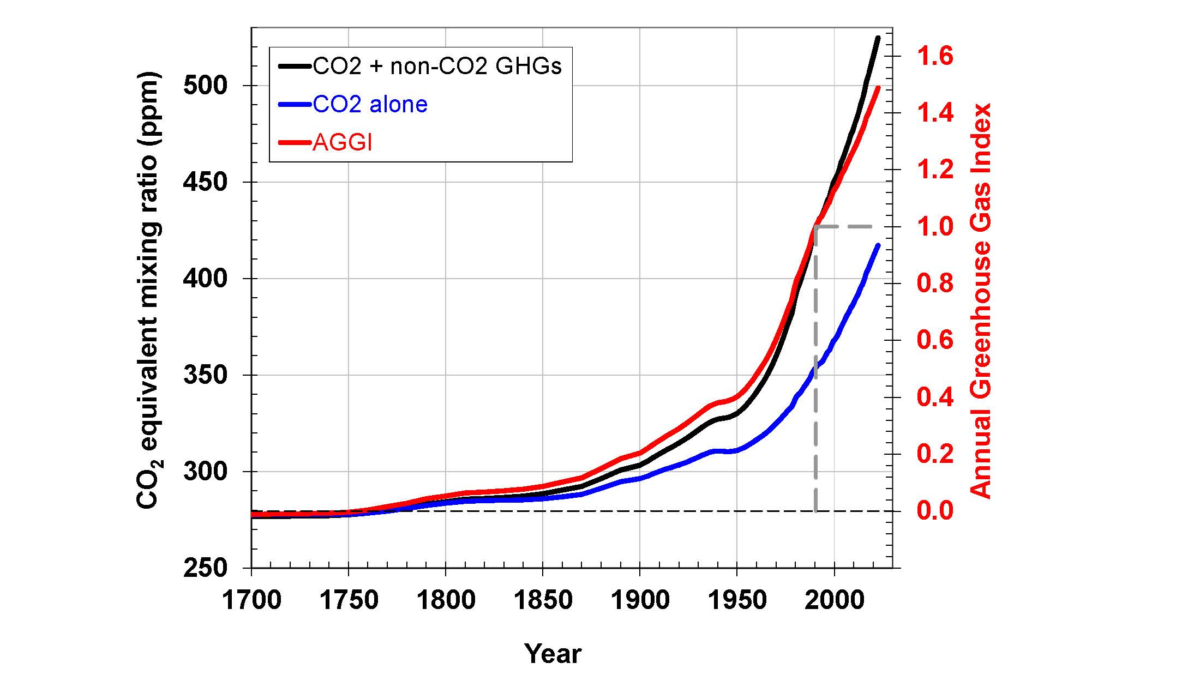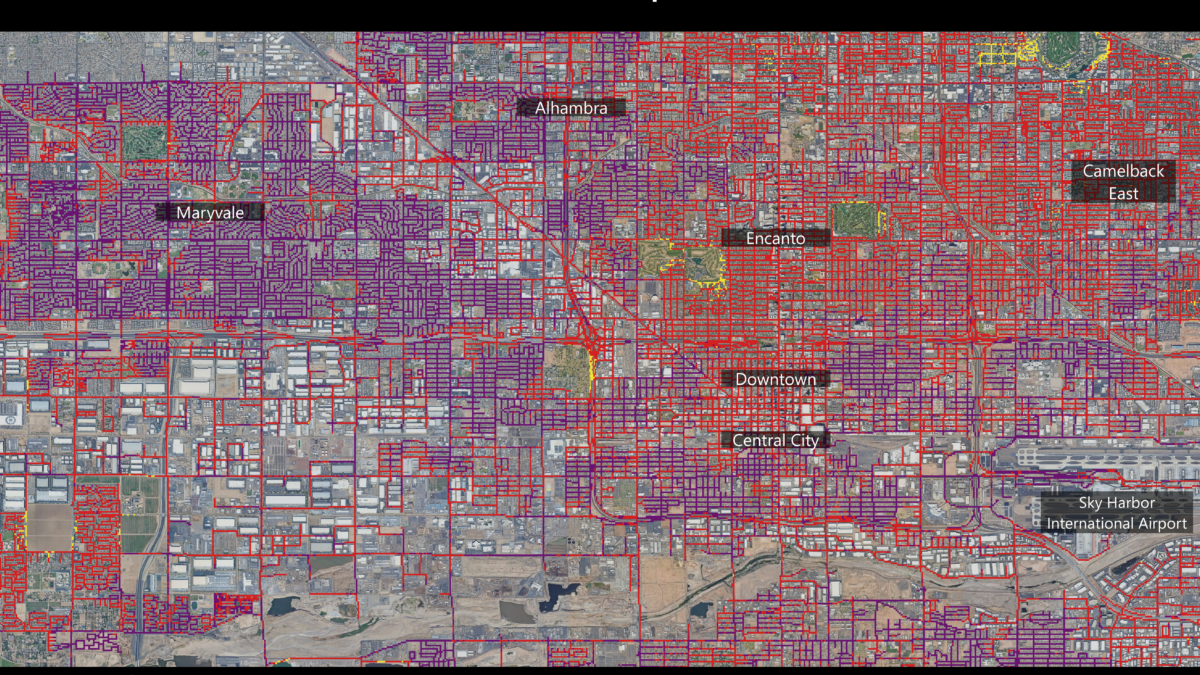Ninth Circuit judges appear skeptical of role in kids’ climate suit vs. U.S. government – “It may even rise to the level of criminal neglect. But the tough question for me is do we get to act because of that.”
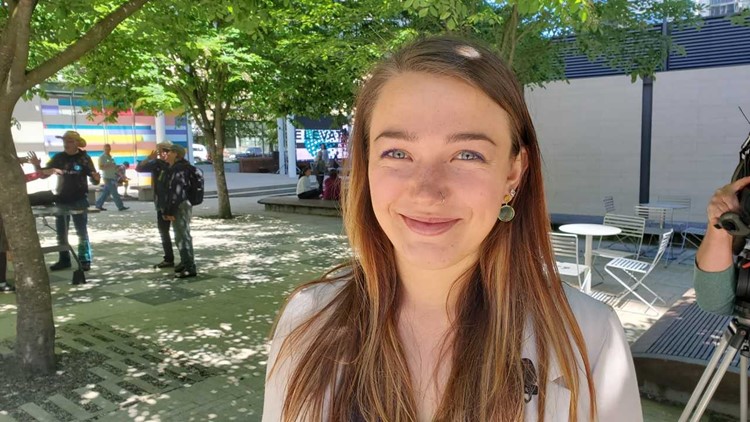
By Karen Savage
4 June 2019
(Climate Liability News) – A three-judge panel of the Ninth Circuit Court of Appeals on Tuesday appeared skeptical of the court’s role in dealing with climate change in the landmark constitutional climate case brought by 21 young people against the U.S. government. But the kids’ attorneys argued in a pivotal hearing that they are only asking the court to apply rights already laid out in the Fifth Amendment.
The hearing, held in Portland, Ore., will decide whether the case, Juliana v. United States, continues on toward trial. The suit has been vehemently opposed by the Justice Department since it was filed in 2015, and this hearing could grant the government an extraordinary measure by granting an appeal before the trial even began.
Judges Mary H. Murguia and Andrew D. Hurwitz of the Ninth Circuit Court of Appeals, and Josephine L. Staton of District Court for the Central District of California presided over the hearing and are expected to issue their ruling in the next few months.
You present compelling evidence that we have a real problem. You present compelling evidence that we have inaction by the other two branches of government. It may even rise to the level of criminal neglect. But the tough question for me is do we get to act because of that.
Judge Andrew D. Hurwitz, Ninth Circuit Court of Appeals
Hurwitz summed up the issues the court is wrestling with, primarily whether the courts should intervene in a subject ordinarily left to the executive and legislative branches.
“I’m sympathetic to the problems you point out,” he said. “But you shouldn’t say this is just an ordinary suit. … You’re asking us to do a lot of new stuff, aren’t you?”
Julia Olson, lead attorney for the young plaintiffs, disagreed.
“It would be the first time that it would have been done, your Honor, as to this factual context where the government admits the monumental threat to people and to lives and that their acts in promoting fossil fuels and allowing for the extraction and all the affirmative things they do cause the emissions that are a substantial cause of climate change,” Olson said.
Hurwitz pushed back on Olson’s assertion, saying it appeared as if the plaintiffs were asking the court to break new ground by allowing the case to continue.
“The issue here is whether this branch of government, embodied by the three of us today, has the ability to issue the relief that your clients seek,” said Hurwitz to Olson during her arguments, adding that he doesn’t doubt that Congress and the president could give the plaintiffs the relief they seek.
“I don’t think Congress and the president ever will,” said Olson in response.
“Well then we may have the wrong Congress and the wrong president. That’s occurred from time to time over history,” said Hurwitz.
“You present compelling evidence that we have a real problem. You present compelling evidence that we have inaction by the other two branches of government. It may even rise to the level of criminal neglect. But the tough question for me is do we get to act because of that.” [more]
Ninth Circuit Judges Appear Skeptical of Role in Kids Climate Suit vs. U.S. Government
